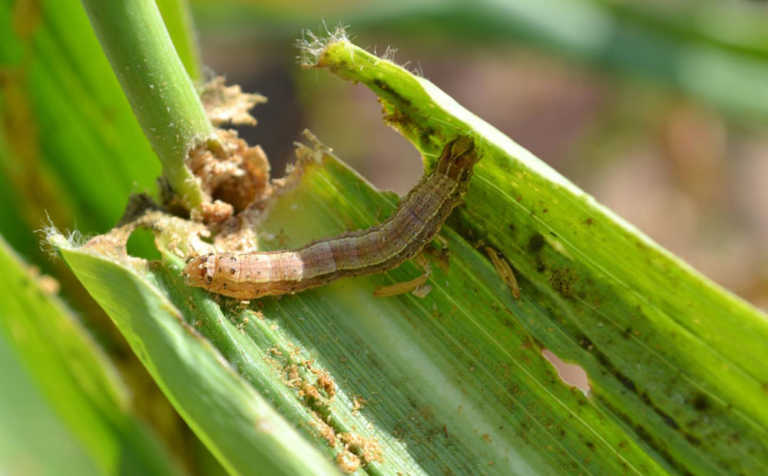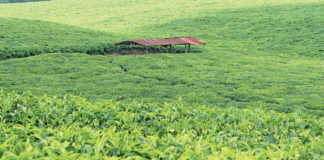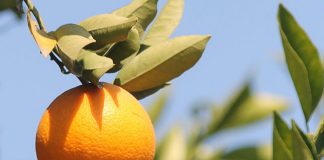
Photo: Centre for Agriculture and Bioscience International
Researchers have warned that crops such as maize, rice, sugar cane, sorghum, beet, tomato, potato, cotton and pasture grasses worldwide are at serious risk from fall armyworm (FAW) infestation if efficient measures are not taken.
A recent study by Exeter University and the Centre for Agriculture and Bioscience International in the UK has reported that alarm bells rang in January 2016, when major outbreaks of FAW first occurred in Nigeria and Ghana.
The pest was subsequently identified in Benin, São Tomé and Príncipe, and Togo.
By September 2017, FAW was present in 28 sub-Saharan African countries.
Recent estimates indicated that up to 50% maize yield loss in Africa could be attributed to FAW infestation.
The researchers speculated that the pest arrived in Africa on a passenger flight from the Americas.
They said that the first countries where the invaders were found had major air transportation hubs and a warm, moist climate similar to those of the pest’s natural habitat.
As temperature and rain play a major role in determining whether FAW will establish itself in a region, the scientists concluded that South and Southeast Asia, as well as Australia, face the most serious risk.
Join the Farmer’s Weekly News WhatsApp Group for daily news updates.













